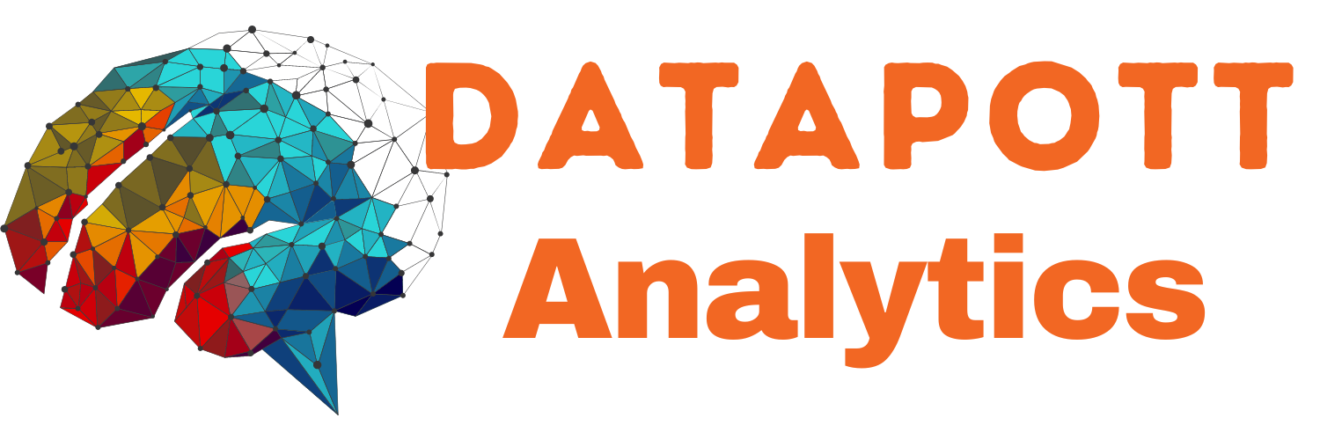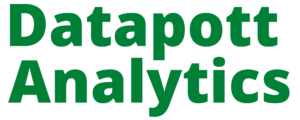Each Self-Assessment acts as a self-check or a personal habit awareness that will stimulate further thought about how the chapter relates to you personally. This portion of the class is to engage you in deeper thought about your health choices. Each chapter will become more personal as you do the self-assessments. Every self-assessment will ask you what phase of change you are in, The Transtheoretical Model (Stages of Change) will be how you identify what stage you are in.
- Make sure you state the FOUR (4) questions, then your answer to that exact question.
- The FOUR (4) questions will be the same in every self-assessment you do for all 13 chapters.
- Below is the grading RUBRIC for specific grading criteria. (The questions are in red)
- Summary / Structure 10/10– SUMMARY OF FINDINGS FROM DOING THE ASSESSMENT
- Summarize what you learned about yourself by completing the self-assessment. Be specific about your results.
- Example; Was there a pattern with your responses such as, “ALWAYS” and/or “NEVER” responses?
- Target Behavior- 10/10 example: WHAT ONE BEHAVIOR WOULD YOU TARGET FOR CHANGE?
- Be very specific here. Leave no doubt about your ONE TARGET BEHAVIOR. This is where you discuss what change you would make.
- Stage- 15/15 example: WHAT STAGE OF BEHAVIOR CHANGE ARE YOU IN:
- List the Change.
- Name the Stage you feel you are in. (Listed below 1-6)
- Precontemplation – In this stage, people do not intend to take action in the foreseeable future (defined as within the next 6 months). People are often unaware that their behavior is problematic or produces negative consequences. People in this stage often underestimate the pros of changing behavior and place too much emphasis on the cons of changing behavior.
- Contemplation – In this stage, people are intending to start the healthy behavior in the foreseeable future (defined as within the next 6 months). People recognize that their behavior may be problematic, and a more thoughtful and practical consideration of the pros and cons of changing the behavior takes place, with equal emphasis placed on both. Even with this recognition, people may still feel ambivalent toward changing their behavior.
- Preparation (Determination) – In this stage, people are ready to take action within the next 30 days. People start to take small steps toward the behavior change, and they believe changing their behavior can lead to a healthier life.
- Action – In this stage, people have recently changed their behavior (defined as within the last 6 months) and intend to keep moving forward with that behavior change. People may exhibit this by modifying their problem behavior or acquiring new healthy behaviors.
- Maintenance – In this stage, people have sustained their behavior change for a while (defined as more than 6 months) and intend to maintain the behavior change going forward. People in this stage work to prevent relapse to earlier stages.
- Termination – In this stage, people have no desire to return to their unhealthy behaviors and are sure they will not relapse. Since this is rarely reached, and people tend to stay in the maintenance stage, this stage is often not considered in health promotion programs.
- Explain why you are in this stage.
- When will you begin your change?
- Show your specific plan what will you do to make the change.
D. Goal; 10/10 example: WHAT LONG TERM GOAL WOULD YOU MAKE TO ADDRESS TARGETED BEHAVIOR?
- Be specific here Your goal needs to relate back to your TARGET BEHAVIOR
E. Grammar 5/5 REMINDER:
- Please reread before submitting in the future.
Below is an example to help you with your responses and the format required for submission.
- SUMMARY OF FINDINGS FROM DOING THE ASSESSMENT – Explain what you learned from doing the survey
I feel the assessment was accurate, my lowest score was the environmental health section which I agree needs some work. I had mainly (rarely) in this section and would like to improve in this area. I know I can do better and make changes to work towards less wasteful habits that will benefit the environment.
- WHAT ONE BEHAVIOR WOULD YOU TARGET FOR CHANGE? – To receive full credit, you need one target for change that connects to what you learned doing the assessment.
I would like to target my environmental health. I would like to focus more on recycling.
- WHAT STAGE OF BEHAVIOR CHANGE ARE YOU IN: This needs a full definition of WHY? you are in this phase and WHEN you will start your behavior change. Use this example’s format when answering this question exactly for full credit.
- List the Change- I will begin to recycle my trash at home.
- Name the Stage. Contemplation – I am intending to start the healthy behavior in the foreseeable future (defined as within the next 6 months). People recognize that their behavior may be problematic, and a more thoughtful and practical consideration of the pros and cons of changing the behavior takes place, with equal emphasis placed on both. Even with this recognition, people may still feel ambivalent toward changing their behavior.
- Explain why you are in this stage I am in this stage because I have weighed out the pros and cons and know that I am ready to make the change in the next month or two.
- When will you begin your change? I will start within the next 6 months.
- Show your specific plan what will you do to make the change. I will organize our trash areas with 2 trash cans to help separate the recyclables.
- WHAT LONG TERM GOAL WOULD YOU MAKE TO ADDRESS TARGETED BEHAVIOR? This should correspond to what you found out doing the assessment, the behavior you are targeting and the change you want to make.
- My long-term goal is to transition to two trash cans and use one for recyclables and one for regular trash.


